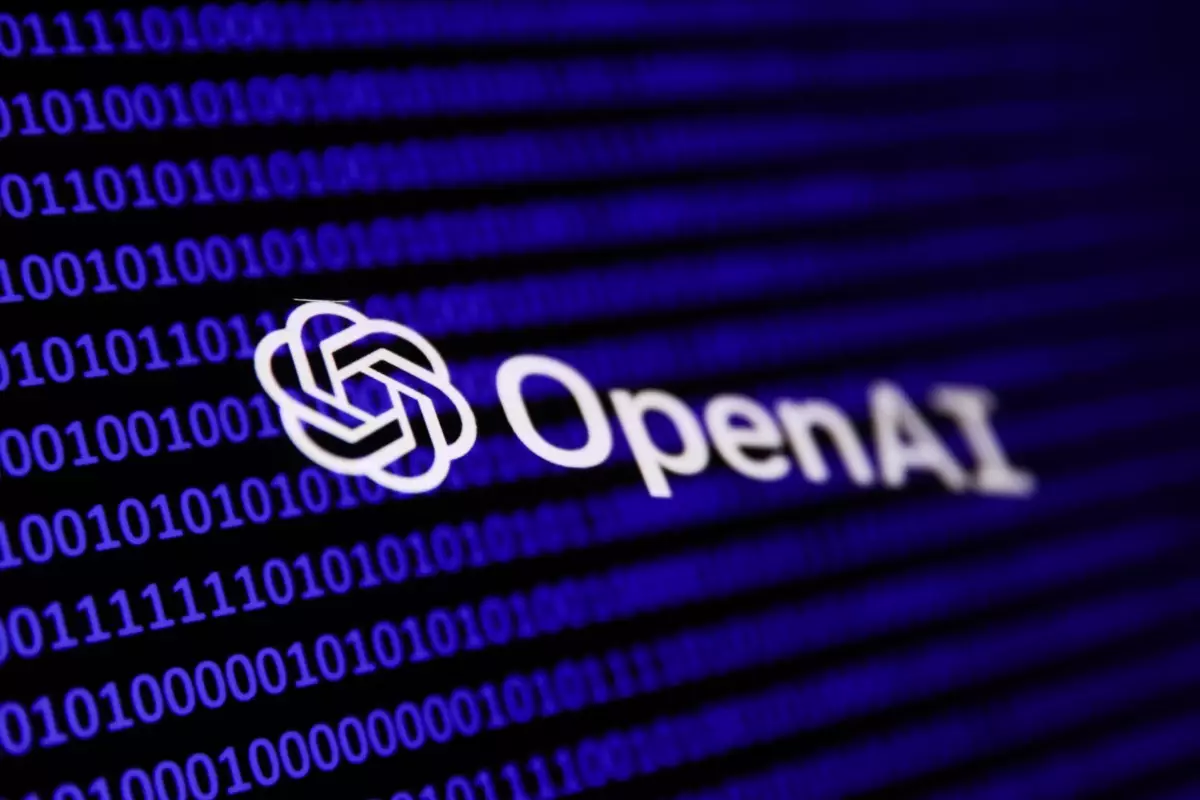The tech community was recently rocked by the heartbreaking news of Suchir Balaji, a former employee of OpenAI, who was found dead in his San Francisco apartment. The San Francisco Office of the Chief Medical Examiner confirmed that the cause of death was suicide, shedding light on mental health issues that often remain hidden in the high-pressure environment of the tech industry. Balaji, just 26 years old, left behind a legacy of commitment and concern regarding the ethical implications of artificial intelligence, particularly with regard to copyright law.
Balaji had a noteworthy tenure at OpenAI lasting nearly four years, during which he directly contributed to projects involving ChatGPT and other generative AI technologies. His abrupt exit from the organization highlighted his growing unease with the ethical ramifications of the technologies he was contributing to—a sentiment that reflects the internal struggles many tech professionals face regarding the societal impacts of their work.
In interviews, Balaji expressed significant apprehensions about how OpenAI utilized copyrighted materials, pointing to a broader dilemma in the tech industry. He articulated that many generative AI products might infringe on copyright laws and were a poor fit for claims of fair use. His concerns stemmed from observing the mounting legal challenges faced by OpenAI and its competitors, as media companies pushed back against what they perceived as unethical practices surrounding data usage.
Balaji’s revelations were particularly poignant given that they emerged from direct experience. He had worked on the development of various AI models, including WebGPT and GPT-4, and was instrumental in understanding the intricate relationship between AI outputs and the data fed into these systems. For him, fair use heavily faltered when put against the reality that generative AI can produce competing substitutes to the original content it was trained on. This sentiment arguably places Balaji among a smaller group of professionals willing to confront uncomfortable truths about their industry’s trajectory.
OpenAI, coupled with its heavy association with Microsoft, is currently defending multiple lawsuits filed by major news organizations, including The New York Times, challenging the legality of its data practices. These legal issues have sparked conversations across the industry regarding transparency and the ethical limits of AI development. Balaji’s past concerns echo a growing chorus of voices calling for not just technical advancements but also ethical accountability.
Amidst the tumult, Balaji’s name resurfaced in a court filing just a day before his death, indicating that he had become a critical voice within the context of the ongoing legal disputes. It raises a troubling thought: did the pressure of these legal battles and his own moral dilemmas contribute to the anguish he felt? The speculative nature of this question serves to highlight the intersection of mental health and workplace pressures, especially in fast-paced tech environments where the stakes can often feel unmanageable.
Balaji’s story serves as both a cautionary tale and a call to action for the tech community. His tragic passing brings to the forefront the importance of mental health in a field often characterized by high demands and relentless innovation. The inherent stress of navigating ethical quandaries while contributing to groundbreaking technologies can overshadow individual well-being, leading to unfavorable outcomes.
Moreover, Balaji’s reflections should provoke a deeper examination of the industry’s culture surrounding mental health. Are tech companies doing enough to create environments where employees can voice their concerns without fear of repercussion? Are there sufficient resources allocated for mental health support? These questions linger in the wake of such tragedies and necessitate a proactive, industry-wide reevaluation.
In the aftermath of Balaji’s passing, many of his former colleagues and peers have taken to social media to express their grief, calling attention to the importance of compassion and understanding within the tech community. As discussions around AI ethics continue to unfold, it is crucial to remember the human experiences behind the technology.
Balaji’s tragic journey underscores the urgency for the tech industry to foster a culture where ethical concerns are not only acknowledged but valued, along with a support system that promotes mental health. In doing so, we might encourage a more humane approach to technological innovation, prioritizing the welfare of individuals alongside the advancement of AI.
In remembering Suchir Balaji, the tech community is challenged to reflect on its responsibilities—not just to innovate, but also to care for those who contribute to these technological wonders. Only then can we forge a path that champions both progress and humanity.

